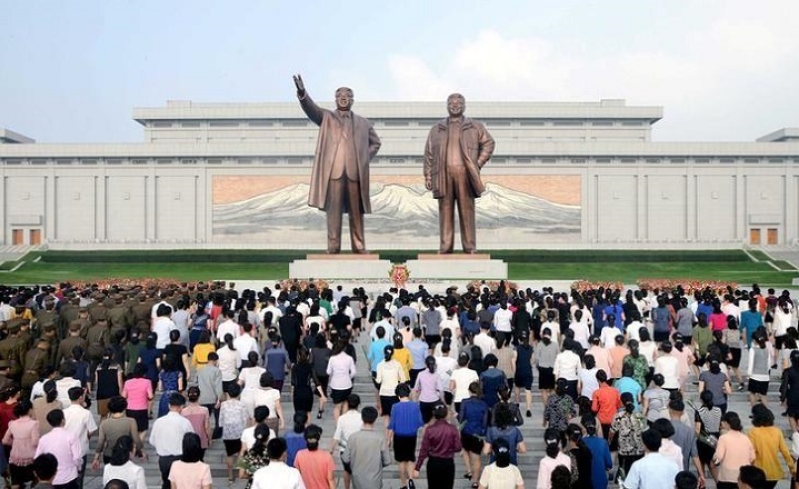
North Korea Christians have endured 70 years of persecution, but these have not stopped the work of God in the communist nation.
Since 1995, the North Korean government has allowed about 480 foreign organizations to work in the country, and 70 of these are Christian, including Samaritan’s Purse and World Vision.
These Christian organizations have covered 85 of the 145 counties and 23 of the 27 cities in North Korea, which means a large part of the country’s population has been exposed to Christian work, according to an article from the Lausanne Global Analysis.
The North Korean government extends tolerance toward these Christian groups not only because of the benefits they give but also because they are perceived to be people of integrity.
“In one of my trips, one minder commented to me, ‘Many of the people coming into our country want to take advantage of us, but you (Christians) want to help us,’” the article author wrote.
When it comes to dealing with Christian organizations, North Korea is not at all like China, where Christians are associated with negative things like the Opium Wars and colonialism. In North Korean history, Christianity had been perceived as being generally helpful to the nation.
Korea first opened its doors to Christianity in 1884 when American missionary Horace Allen was able to help heal the Queen’s brother through the use of medicine. Because of this, more missionaries were invited into the country, leading to the establishment of 293 schools and 43 universities and a surge of Christian activity particularly in Pyongyang, which at the time was dubbed as the Jerusalem of the East.
Thus, from a historical perspective, Christians in North Korea have been associated with education and progress.
However, Christian persecution in the country became intense since 1945. The government, seeking to remove all traces of Christianity, conducted a massive crackdown against Christians. In the 1970s, the government announced Christians no longer exist in the country.
For the fourteenth year in a row, North Korea has been ranked as the number one country where Christians are most persecuted, according to Open Doors USA.
A report released last month by the Christian Solidarity Worldwide said that there are thousands of Christians suffering from extremely harsh torture in labor camps. The report said in some cases, Christians are hung on a cross over a fire, and at times crushed under a steamroller.
“Prisoners are forced to carry out long days of hard labour, such as mining and logging. Malnutrition is rife due to the poor rations, and increases the mortality rate. Prisoners live who poor accommodation that does not provide adequate protection against the tough winters, further damaging their health; and are subject to brutal treatment, torture and even execution by prison guards,” the report said.
Yet, in spite of this, Christian presence in the country continues to remain.
One important challenge Christians in North Korea are facing is unity.
“Unless Christians give priority to unity there, it will be difficult for North Koreans to differentiate cults working there (such as the Moonies) from orthodox Christians,” the author wrote. “Whether we are operating in more sensitive areas or working to improve the livelihood of North Koreans inside, it is imperative that we unite as the body of Christ.”







